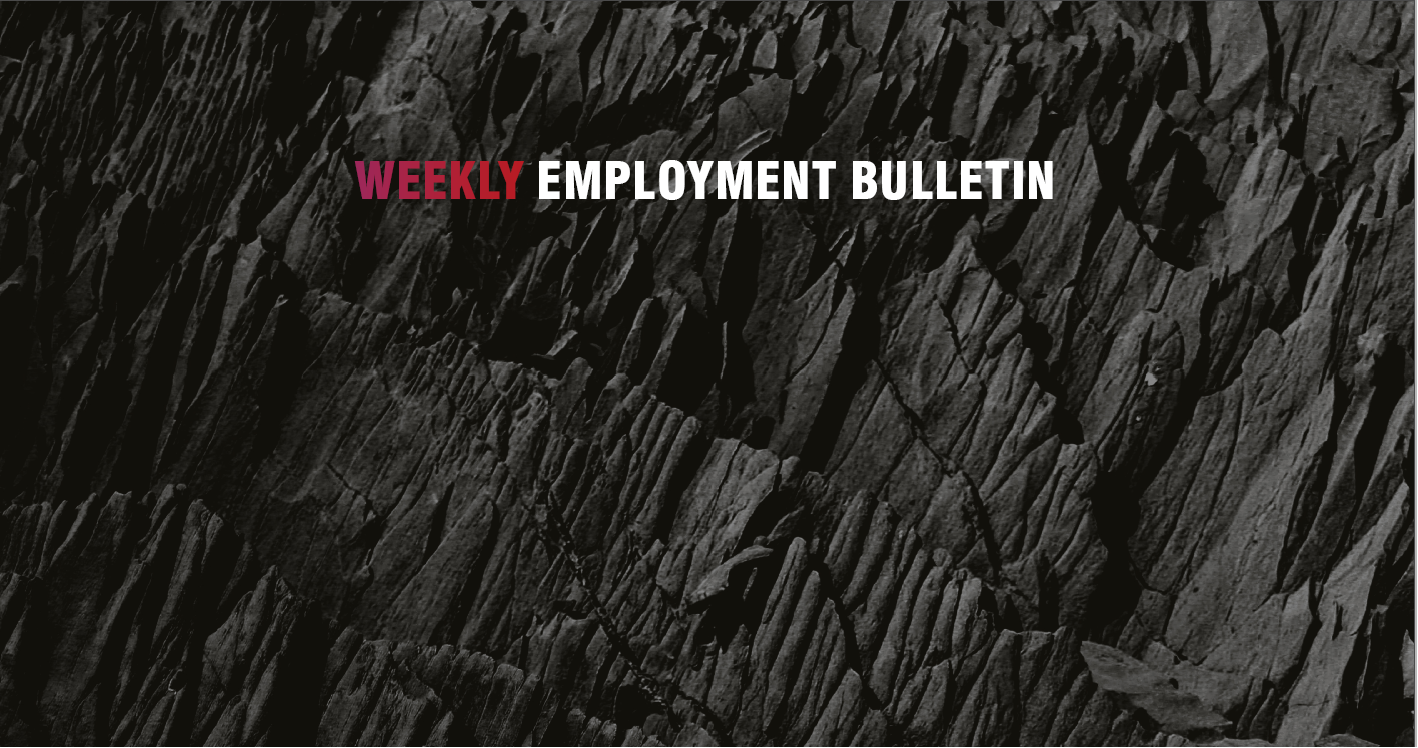by Priya Magar
14 May 2024
Labour have published their Green Paper, ‘A New Deal for Working People’, outlining its proposed changes to employment law. Various issues such as job security, discrimination and pay will be tackled within their Green Paper which is outlined below:
- A single status of ‘worker’ to be created: The Labour Party aims to simplify employment categories by creating a single status called “worker.” Currently, there are three distinct categories: employee, worker, and self-employed. Under the proposed change, all individuals providing services, except for the genuinely self-employed, would fall under the “worker” status. Regardless of pay or contract type, “workers” would receive consistent rights and protections, including holiday pay, sick pay, and parental leave.
- Day One Rights for Workers: The Labour Party’s Green Paper proposes eliminating the qualifying time for basic rights (such as the right not to be unfairly dismissed). They have said that this move aims to enhance rights and safeguards for workers from the very start of their employment.”
- Fire and Rehire to be banned: This practice involves an employer terminating an employee’s employment and subsequently re-engaging them under revised terms and conditions. Although not new, this approach has gained prominence during the pandemic, affecting both public and private sectors. Labour’s proposal is for this to be banned.
- Enhancing Protections for Caregivers: The Labour Party proposes to bolster workers’ rights by allowing paid family and carers’ leave.
- Addressing Pay Gaps: The Green Paper proposes the following measures with the aim of closing gender, ethnicity, and disability pay gaps:
a) Equal Pay Comparisons: Employers will be required to allow equal pay comparisons between men and women who perform comparable work.
b) Reporting and Elimination: Employers must report and actively work to eliminate pay gaps. They will be obligated to create plans to eradicate these inequalities.
c) Inclusion of Outsourced Workers: Outsourced workers will be included in gender pay gap reporting and pay ratio reporting.
d) Mandatory Ethnicity Pay Gap Reporting: Firms with over 250 staff will be required to publish ethnicity pay gap data, similar to gender pay gap reporting.
It is clear that if the Labour Party succeed in the general election which is anticipated to happen later this year, employment legislative change is high on their agenda which would have a significant impact on employers.
Speak with us

